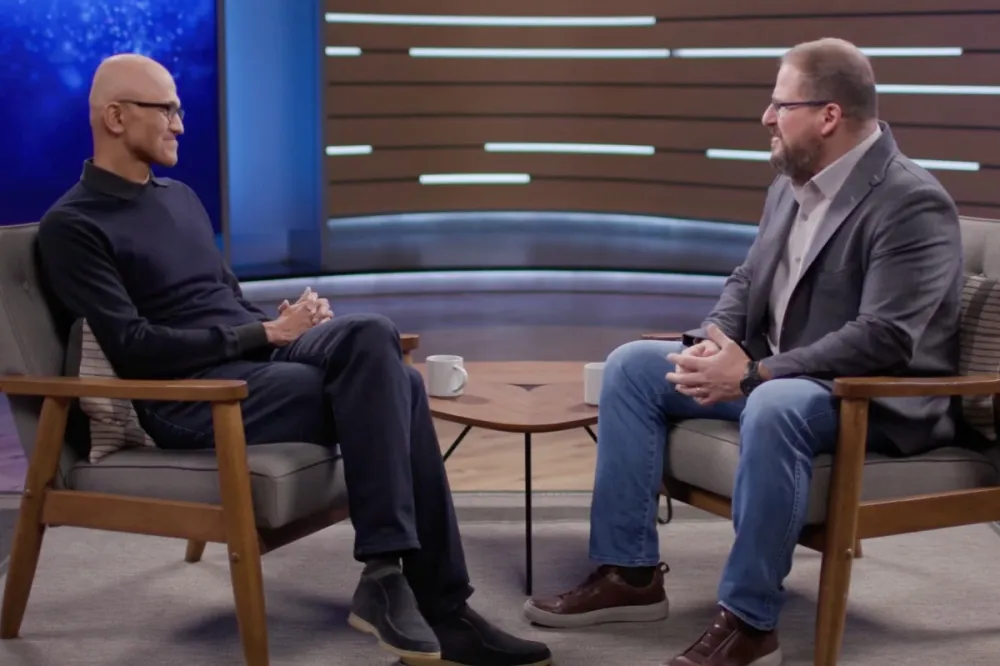Microsoft will use automatically generated AI to change the Windows experience
During the recent Snapdragon Tech Summit 2023, Microsoft CEO, Satya Nadella, in a conversation with Qualcomm CEO, Cristiano Amon, revealed plans to revolutionize the user experience of the Windows operating system through generative artificial intelligence.
In his remarks, Nadella likened the Copilot feature, recently integrated across numerous Microsoft services, to a “start” button. He believes that leveraging AI computational models can expedite user-required functionalities, pinpoint individual content necessities, and even harness device-side AI computational power in synergy with cloud-based collaborative computing, heralding a novel PC user experience.

Qualcomm emphasized the AI computational capacity on the device side, illustrating the integration of generative AI through the Snapdragon X Elite processor, transforming traditional PC usage paradigms. Similarly, Intel, with its upcoming end-of-the-year release of “Meteor Lake”, the 14th generation Core laptop processor series, will also integrate VPU design to drive AI computation, indicating that future Windows laptops will incorporate an array of AI functionalities.
From Qualcomm’s perspective, mobile phones have evolved significantly from reliance on physical buttons to predominantly touch-based operations, and now to an interface combining voice control with AI, manifesting distinct usage scenarios. In Microsoft’s vision, this might suggest that the erstwhile keyboard-driven and touch-based PC interactions will soon be dominated by natural voice control operations, making AI’s role on devices increasingly pivotal.
Microsoft anticipates bolstering the Copilot feature in the forthcoming Windows OS updates and even integrating a plethora of AI functionalities in the subsequent Windows 12 release.





